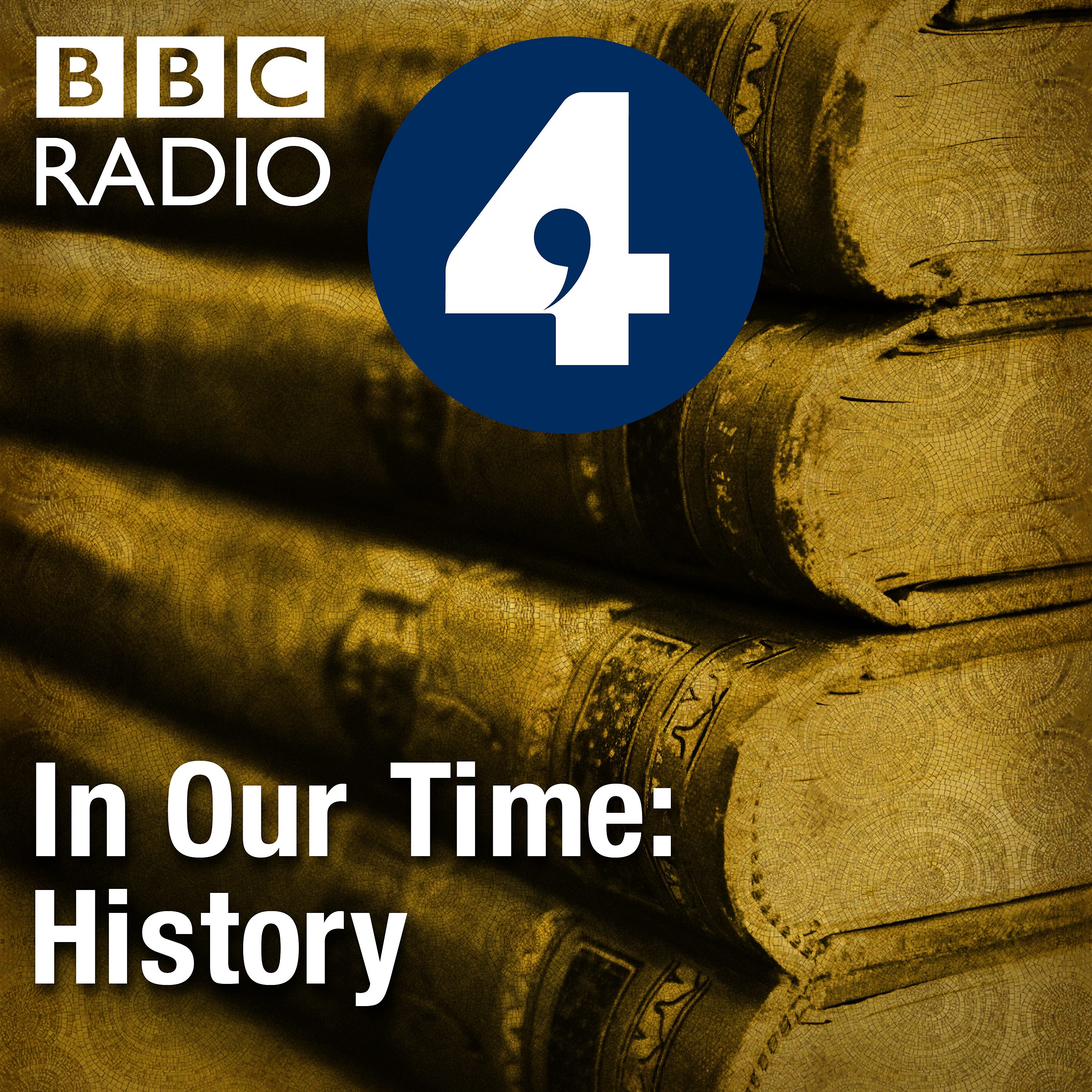Demosthenes' Philippics
Description
Melvyn Bragg and guests discuss the speeches that became a byword for fierce attacks on political opponents. It was in the 4th century BC, in Athens, that Demosthenes delivered these speeches against the tyrant Philip II of Macedon, father of Alexander the Great, when Philip appeared a growing threat to Athens and its allies and Demosthenes feared his fellow citizens were set on appeasement. In what became known as The Philippics, Demosthenes tried to persuade Athenians to act against Macedon before it was too late; eventually he succeeded in stirring them, even if the Macedonians later prevailed. For these speeches prompting resistance, Demosthenes became famous as one of the Athenian democracy’s greatest freedom fighters. Later, in Rome, Cicero's attacks on Mark Antony were styled on Demosthenes and these too became known as Philippics.
The image above is painted on the dome of the library of the National Assembly, Paris and is by Eugene Delacroix (1798-1863). It depicts Demosthenes haranguing the waves of the sea as a way of strengthening his voice for his speeches.
With
Paul Cartledge
A. G. Leventis Senior Research Fellow at Clare College, University of Cambridge
Kathryn Tempest
Reader in Latin Literature and Roman History at the University of Roehampton
And
Jon Hesk
Reader in Greek and Classical Studies at the University of St Andrews
Producer: Simon Tillotson
More Episodes
Published 10/31/24
Melvyn Bragg and guests discuss the notorious attack of 4th of May 1886 at a workers rally in Chicago when somebody threw a bomb that killed a policeman, Mathias J. Degan. The chaotic shooting that followed left more people dead and sent shockwaves across America and Europe. This was in...
Published 10/31/24
Melvyn Bragg and guests discuss one of the major figures in Victorian British politics. Disraeli (1804 -1881) served both as Prime Minister twice and, for long periods, as leader of the opposition. Born a Jew, he was only permitted to enter Parliament as his father had him baptised into the...
Published 10/17/24


